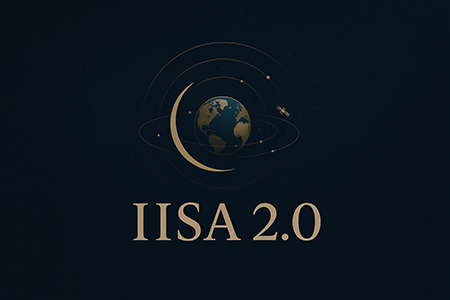There is no doubt that Trump’s incoming administration is going to drastically alter the relationship between Israel and the United States, with seemingly dire effects for Palestinians in the West Bank and Gaza. Obama, to his credit, worked hard to highlight Israel’s illegal activity in the treatment of its Occupied Territories, culminating in an historic UN Resolution denouncing the building of settlements on private Palestinian land. However, he failed to match this with any semblance of dialogue initiatives or diplomatic pressure to reach an accord, exposing a significant lacuna in his Middle East policy. Detrimentally, the Obama administration’s policy of denunciation has increased the strength of right-wing factions in Israel who thrive on international marginalisation and antagonism to support their claims of victimhood. Simultaneously, these actions have alienated the US in the eyes of the Israeli right, making them a less suitable partner for facilitating an agreement. In this light, Obama’s last ditch attempts to underline support for a two-state solution and to relieve the humanitarian crisis in Gaza in his final month as President smack of desperation.
Unfortunately, this was prescient, as indeed times look desperate for Israeli-Palestinian relations. Less than two weeks into Donald Trump’s presidential administration and there are ominous signs that he intends to adhere to many of his more divisive campaign policies. Along with removing financial support for charities which teach about abortion and signing permission for the construction of his wall along the southern border within two days, he used his first interview as President to reaffirm his belief in the utility of torture and his intention to repeal the Affordable Care Act. There is, consequently, no reason to believe that he will not adhere to his campaign promise to practically support Israel without question in its efforts to subdue and expand into its Occupied Territories. Indeed, his Administration has recently broken with decades of US policy on Israel by making the outrageous claim that “settlements are no obstacle to peace”.
Even prior to this remark Israel pre-empted Trump’s support, ordering a settlement expansion of 2500 homes in East Jerusalem mere days prior to the inauguration. The concern for Netanyahu now is that he no longer has the diplomatic pressure of the US to restrain his internal hard-line settlement building factions. He will consequently face more pressure from within to allow Israeli expansion in the Occupied Territories, which will exacerbate tensions and increase international support for the besieged Palestinians. This will subsequently embolden militant groups such as Hamas and possibly lead to increased levels of violence between the IDF and Palestinian activists.
There are also widespread murmurs that Trump may be seeking to move the US Embassy in Israel from Tel Aviv to Jerusalem. This is highly contentious, as Jerusalem is claimed in its entirety as the capital city of both Israel and Palestine. The refusal of either party to drop this claim has been a major sticking point in negotiations to date, and Trump’s transplant of the US Embassy to Jerusalem would indicate his belief that the city belongs to Israel. This would irrevocably preclude the US from managing any further mediation efforts, and would undoubtedly further inflame Palestinian grievances.
In short, Trump’s declared stance appears disastrous for the possibility of a negotiated settlement. There is an expectation that Trump’s presidency will further weight the struggle between Israel and the Occupied Territories in the favour of the Jewish State, leading to increasingly poor living standards for Arabs in the West Bank and Gaza and a worsening humanitarian crisis. Even a best-case scenario for Palestine would be US disengagement from the region under Trump’s “America First” foreign and military policy. This could include a decrease in military funding for Israel, which could inspire Netanyahu to seek more diplomatic means of solving Israel’s security crisis. However, it could equally frighten Israel into ramping up their domestic military capabilities and give them free rein to use them as they see fit.
It is slightly ironic that Trump’s Israel policy is likely to worsen Israel-Palestine relation, as he has intimated that he is keen to restart the negotiation process. However, it is highly likely that this was simply the off-hand comment of a braggadocious self-described dealmaker, and not a firm policy commitment. In any case, there is little to suggest that Trump has the nuance or the ability to make an attempt at solving such a complex issue. In all likelihood, his efforts will make it far worse.
